We had a special visitor come in from JVC, Jewish Volunteer Connection. She told us that it is a very nice thing to help others and that our project is a good deed. She talked about how we can help people and all the places she's been to help others. She talked about what we've done to help others; Bunches of Lunches, delivering Mishloach Manot on Purim, and Thanksgiving Day of Service. She drew a body and asked us how we use our senses to see the reactions of people we help. The discussion we had as we created the picture made us realize that when we do good deeds, we help ourselves also.
|
Class 2B is studying the rights and responsibilities of citizens. A responsibility is something that people do to help the common good. Today our grade decorated flower pots and planted flowers to give to formerly homeless people to decorate their new homes. We had a special visitor come in from JVC, Jewish Volunteer Connection. She told us that it is a very nice thing to help others and that our project is a good deed. She talked about how we can help people and all the places she's been to help others. She talked about what we've done to help others; Bunches of Lunches, delivering Mishloach Manot on Purim, and Thanksgiving Day of Service. She drew a body and asked us how we use our senses to see the reactions of people we help. The discussion we had as we created the picture made us realize that when we do good deeds, we help ourselves also.
2 Comments
The Bo N'Daber theme for April was conflict resolution. We discussed the many conflicts in which second graders find themselves. We discovered that every conflict had a similarity - they all occurred at times there was no teacher around. Most of the time, the conflicts happened on the playground or at other unstructured play times. Sometimes, we realized we got into conflicts when we worked with partners on school projects. Here is a list of the conflicts that second graders get into:
1. At recess - when teams aren't fair 2. At play times - when someone feels excluded 3. At play times - when we argue about the rules of a game 4. At play times - when someone feels excluded 5. When someone uses hurtful or mean words 6. During a misunderstanding 7. When answers are right or wrong After we determined the sources of conflicts, we worked together to come up with some solutions to use to solve the conflict, Our goal is to find tools for us to use so we can solve the conflict ourselves, without asking a teacher for help. Of course, we know that if we can't solve the problem ourselves, our teachers are always available to help us. Here is our list of solutions: 1. Use "I" messages to let the other person know how we feel 2. Take turns choosing 3. Mix up the players for teams so the teams aren't always the same 4. Walk away 5. Remember that this is about playing and we shouldn't spend our time arguing 6. Compromise so everyone gets a little of what they want 7. Play rock, paper, scissors to find a solution We have been studying forms of figurative language in class. We explored similes, onomatopoeia, and alliteration. At the same time, we have been exploring our feelings during Bo N'Daber morning meetings. What else could we do but combine the two concepts?
The students worked with partners to choose an emotion and describe it in terms of the three forms of figurative language we have been studying. We used vocaroo, an online voice recorder to share our work. Special thanks to Mrs. Kosmides for helping everyone complete their recordings perfectly! How would you describe your emotions? Add a comment below! Don't forget to use a form of figurative language in your comment! This month in morning meeting, we discussed our support system. We explained that a support system is kind of like crutches that you use when your leg has been hurt. These crutches help support your feelings and self esteem. We came up with many people who are in our support system: our parents, grandparents, siblings, pets, teachers, friends, and, most importantly, ourselves.
Discuss this idea with your children - who do they turn to when they are upset? How do each of these people help them? |
Amanda LevineI am headed back to my roots this year. I'll be teaching 4th grade again. Of my 18 years in the classroom, 12 of them have been have been in 4th grade. Now I'm back. Archives
June 2015
Categories
All
|
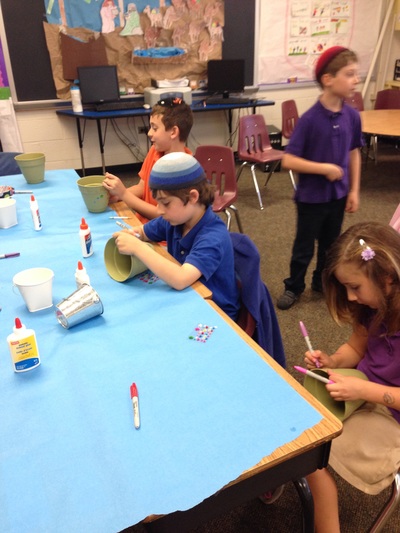
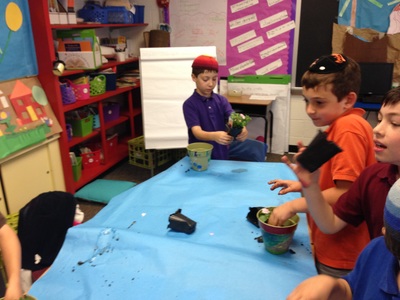
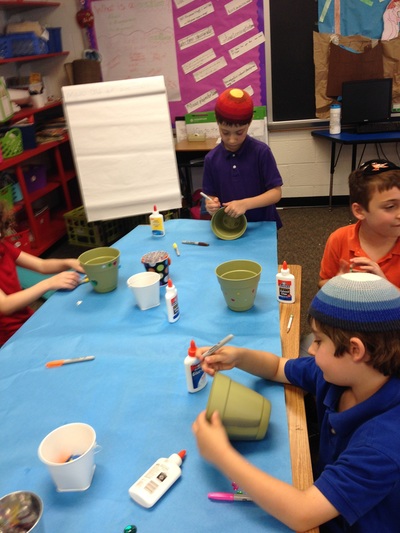
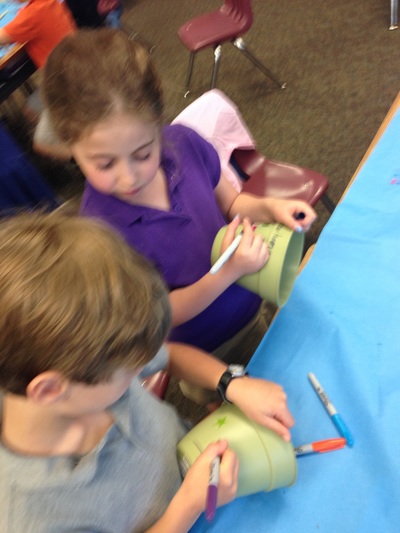
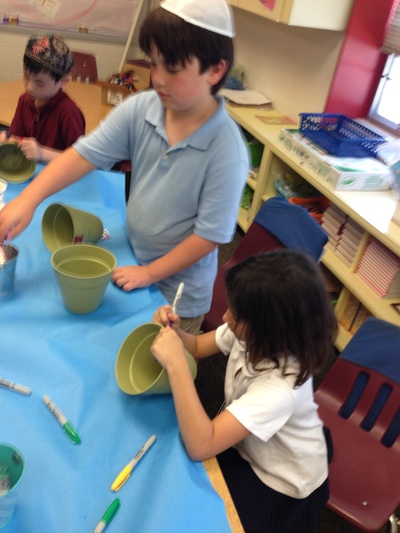
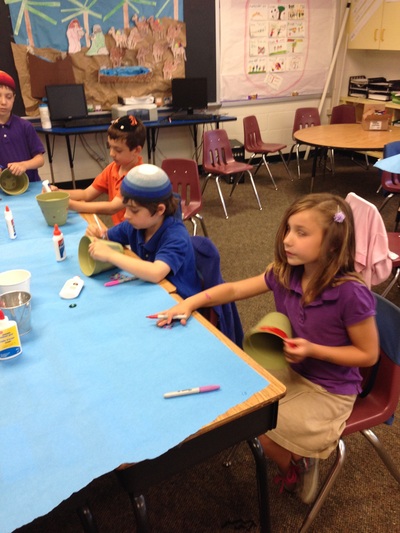
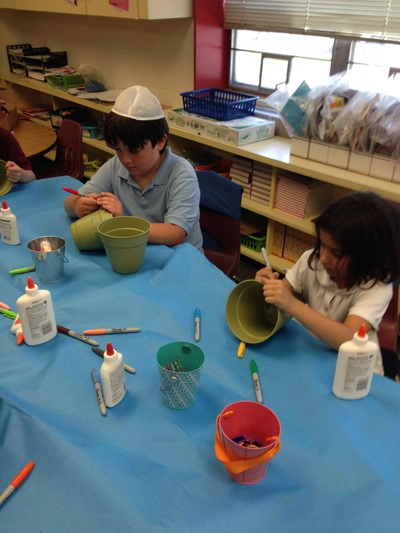

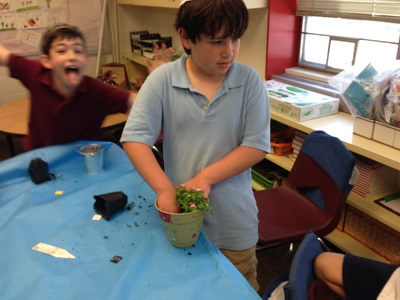

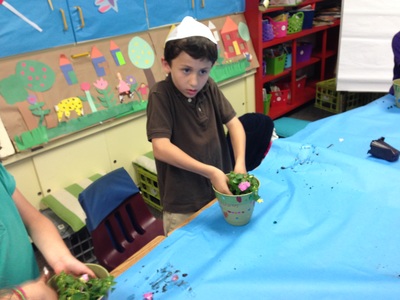
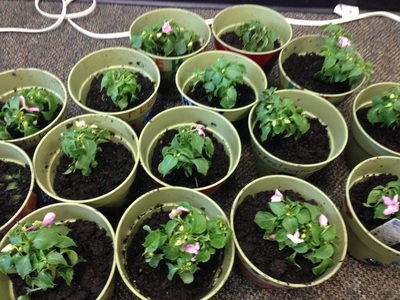
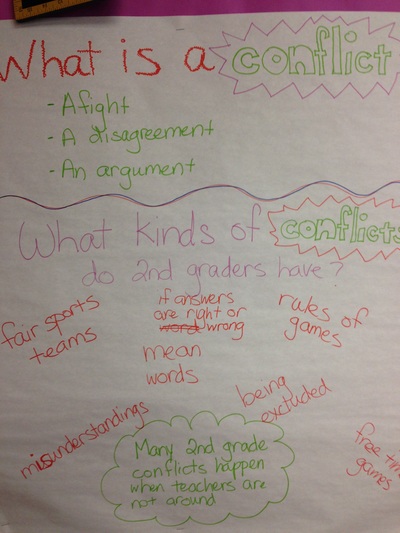
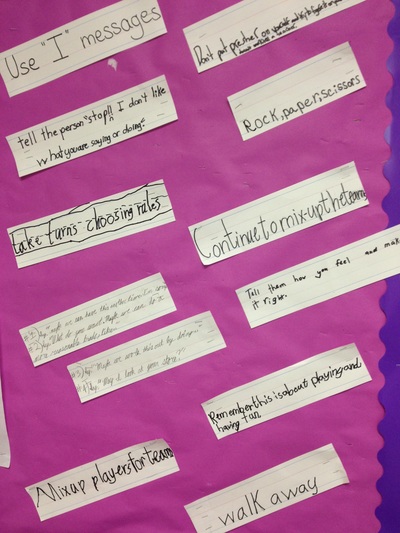

 RSS Feed
RSS Feed
